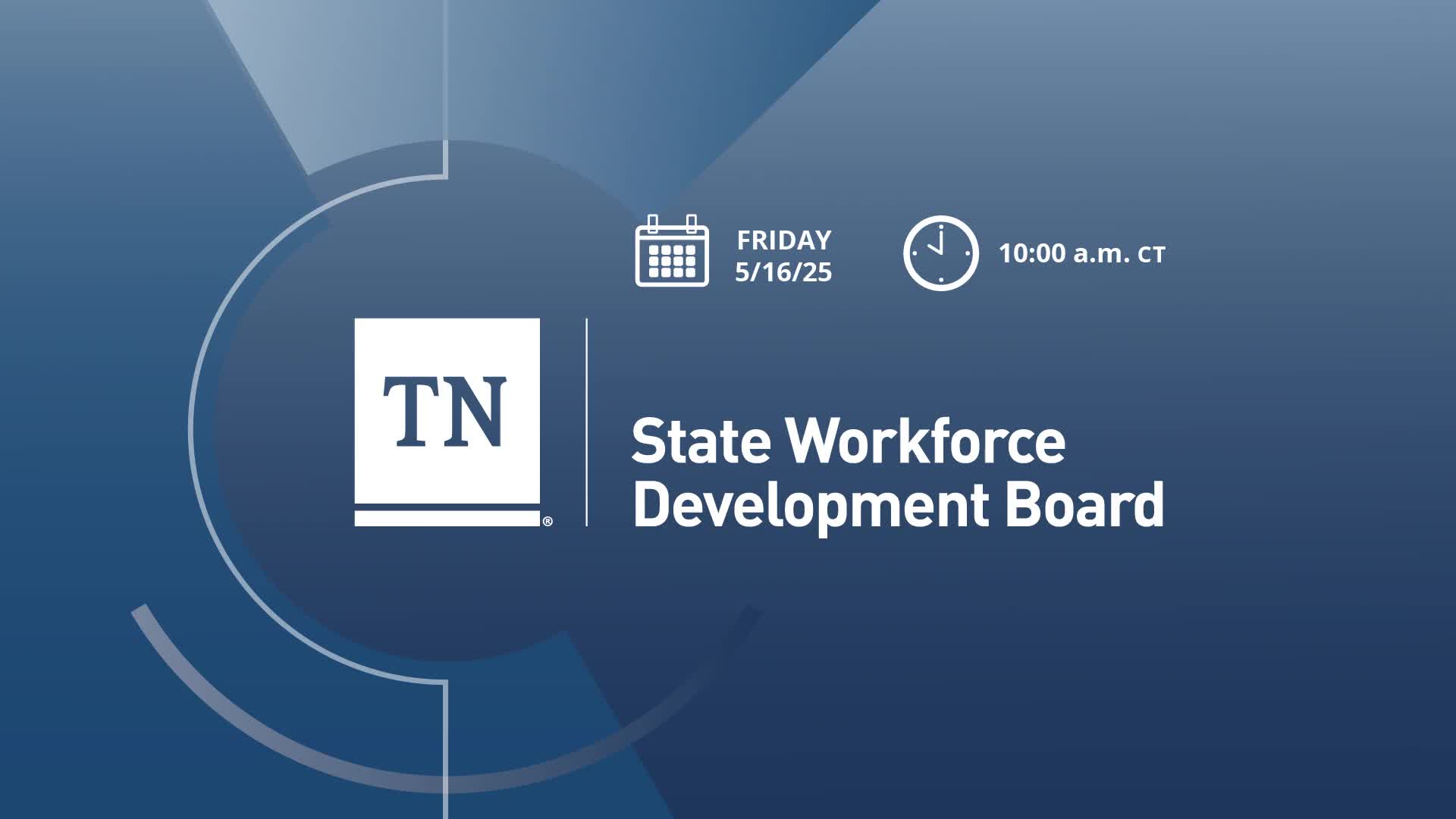Article not found
This article is no longer available. But don't worry—we've gathered other articles that discuss the same topic.
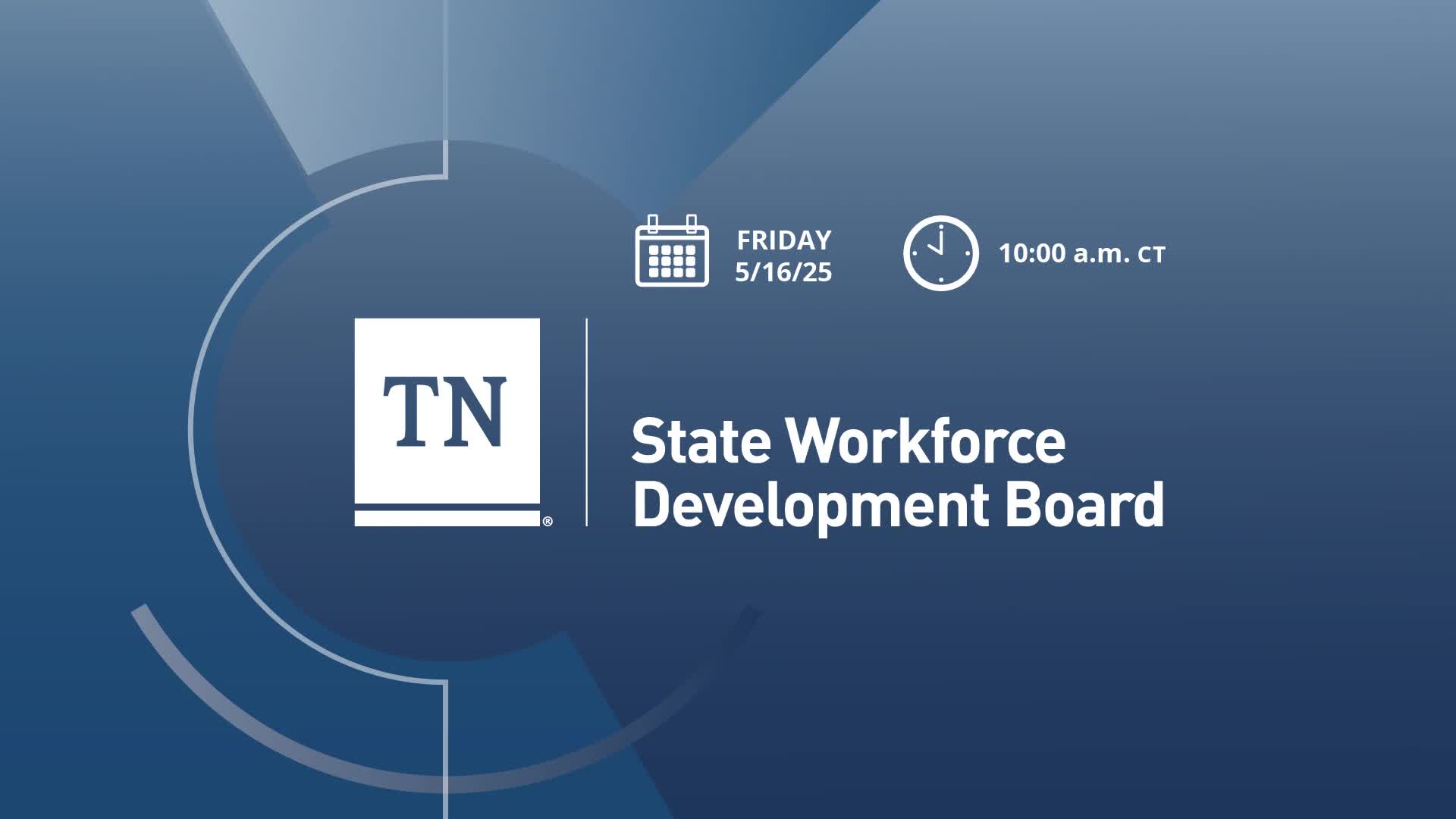
State workforce board approves previous meeting minutes
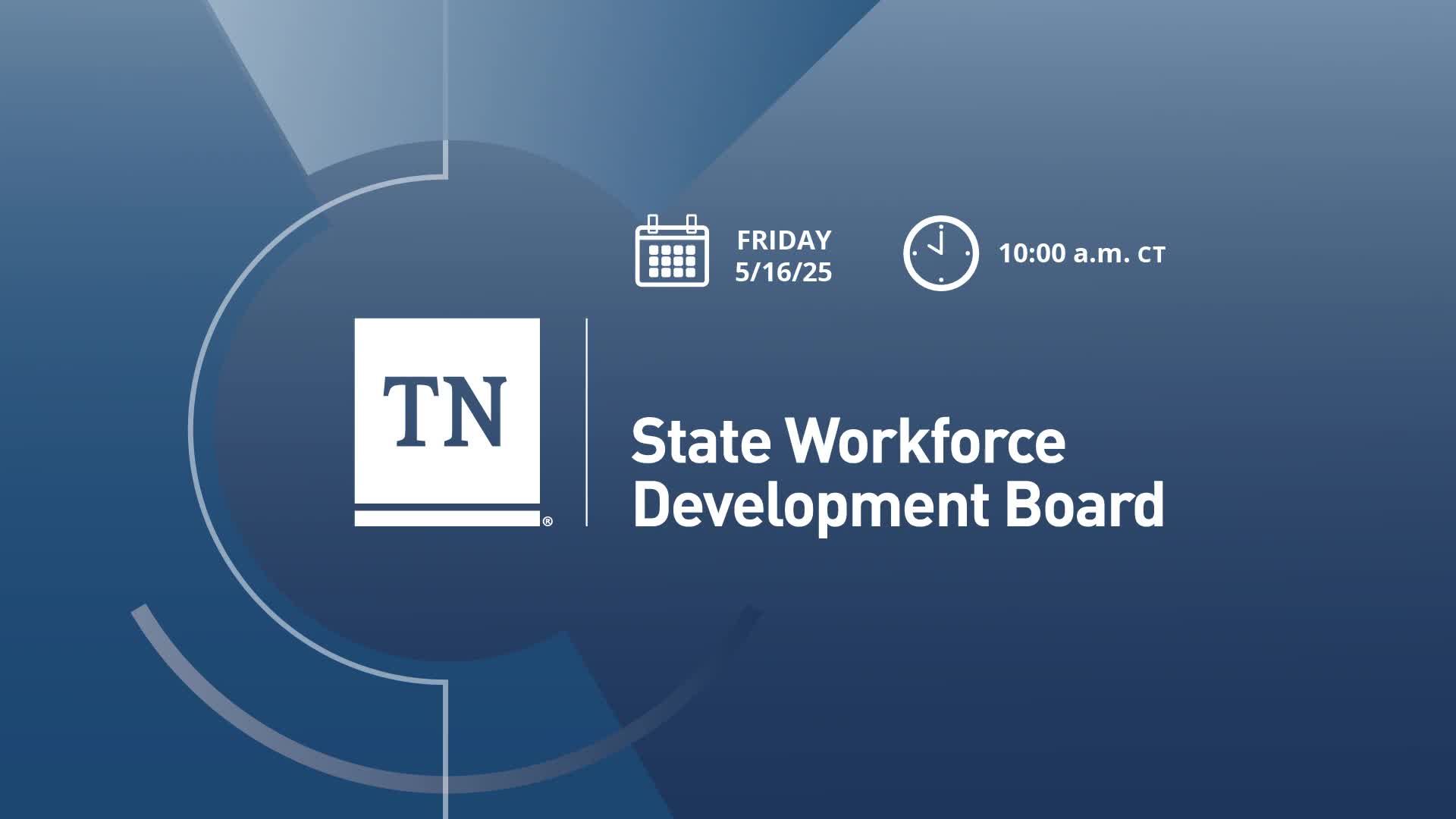
State workforce committees report new funding targets, apprenticeship growth and credentialing initiatives
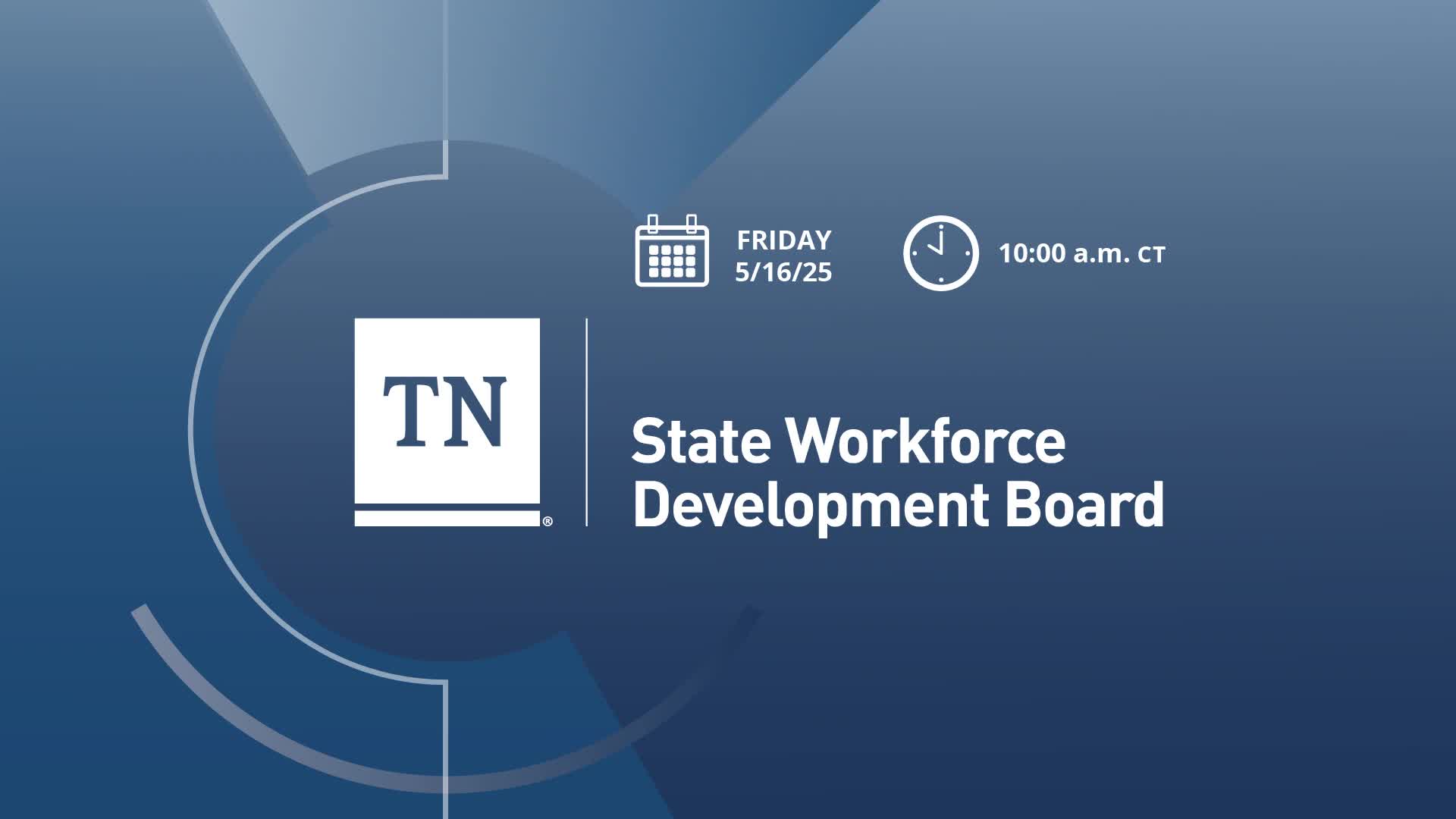
Tennessee Chamber highlights partnerships, BePro BeProud trailer and advanced‑manufacturing workforce needs
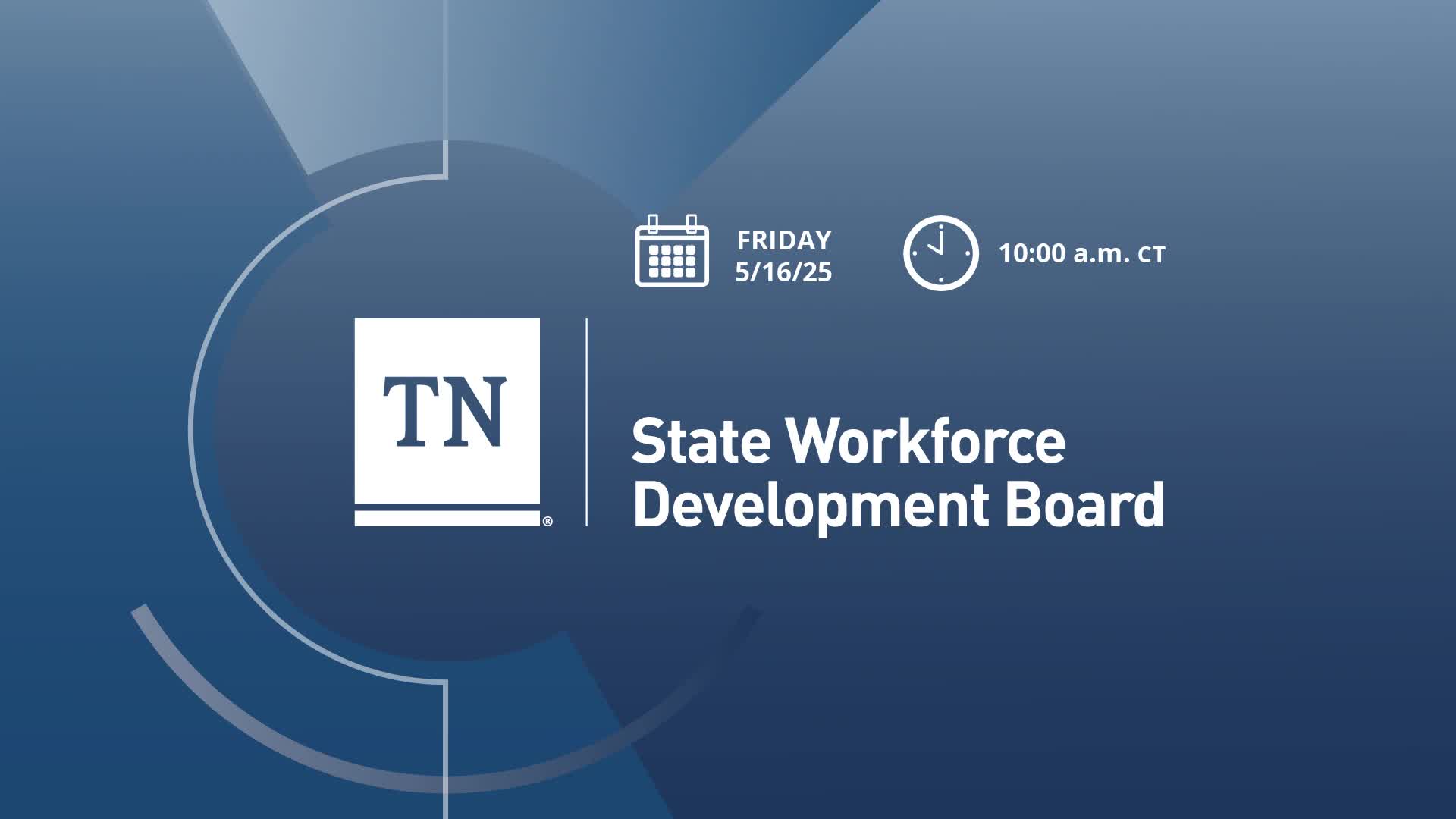
State board warned of proposed federal Labor cuts; Tennessee to pursue waivers and expand Tennessee Works and apprenticeships
